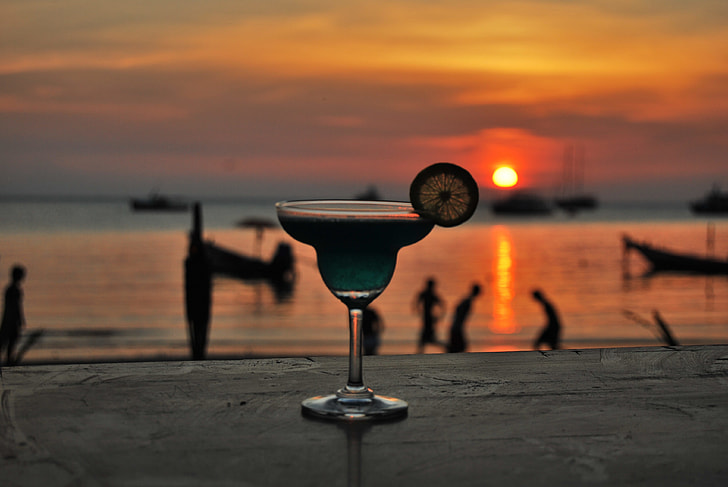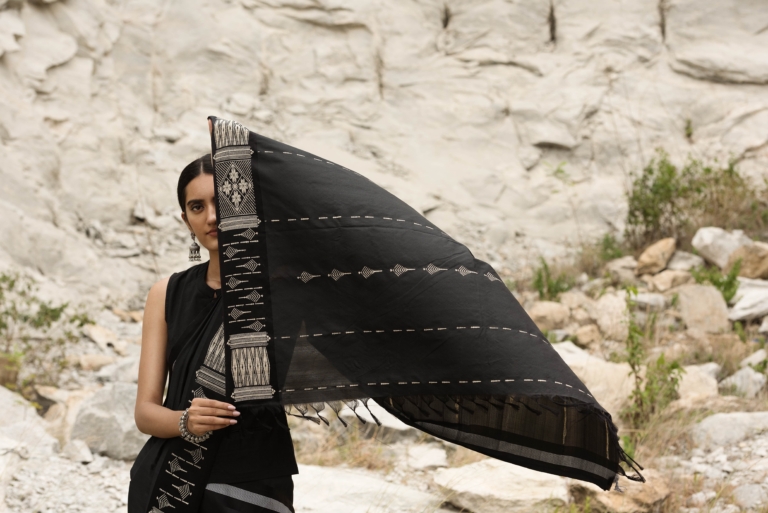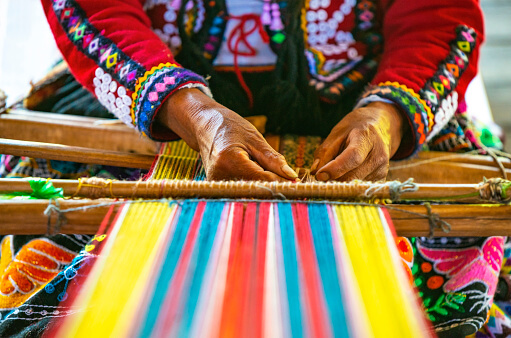India is the world’s largest whisky (in all its variants) market consuming over 2.3 Billion bottles or about 48% of the world’s whisky. Its fast-growing market for alcoholic products is worth more than $35 Billion with spirits — which includes whiskey, brandy, rum and vodka — estimated to expand 25 percent to 2.92 trillion rupees ($41 Billion) by 2022. However, most of the whisky consumed in India is locally made and cannot claim to be Scotch whisky, thanks to the granting of geographical indication (GI) of origin certificate for Scotch whisky. This GI tag was secured by the long efforts of the Scotch Whisky Association (SWA), which welcomed the grant as “good news for Scotland and great news for one of its most important exports”.
In 2019, Scotland exported about 1.31 Billion bottles of Scotch whisky (700ml) to 180 countries generating about $6.4 Billion in revenue, with India consuming only a small fraction of Scotch whisky. Scotland’s whisky producers naturally see the vast Indian market as a priority and are making all efforts to seize the opportunity, especially given the taxes imposed on Scotch whisky by the US, their largest market. Not to be left behind, the Irish Whiskey Association too lobbied and secured legal protection in India for Irish Whiskey in 2019.
Scotch Whisky Industry
It is worth remembering that the globally recognized and branded Scotch whisky was once an unorganized and illegal family activity of distilling in Scotland. Huge investments in marketing, visitor-centers, processes, education and training, research, technology and production facilities enabled the creation of refined versions of this spirit. Mythologies and legends have been created around whisky, which subsequently became a part of folklore for connoisseurs around the world. Today, the $8 Billion Scotch whisky industry, built around the output of 120 distilleries, directly employs 10,500 people, while supporting 42,000 jobs, and generates a gross value-add of over $276,000 per employee. Tequila too, the internationally known drink from the blue agave plant of Mexico, is worth over $5 Billion!
Why Cannot Drinks Like Our Feni and Mahua Achieve Such Success?
Goan feni or fenny too has a GI “state heritage” tag (Note: only for the cashew feni and not for the coconut feni) since 2009. Most people, including producers, are unaware of this GI tag. The industry is mostly unorganized, small and family-owned, home run, with low levels of education. The processes and technology are traditional with little or no investment in research, marketing, branding and training. Businesses are self-financed. The branded segment is tiny with most of the produce geared for consumption in bars. Moreover, the maze of regulations, licensing requirements and its classification as a “country liquor” ensure that Goan feni isn’t available outside Goa! The state barely makes a few crores in revenues from feni, an industry employing about 40,000 people across 4000 mini-distilleries/stills. In 2005, these distilleries produced around 1 million bottled liters of cashew feni. About 40,000 people are employed across 4000 mini-distilleries/stills and about 1 million bottled liters of cashew feni were made in 2005. In other words, the Goan feni industry is largely like what the Scotch whisky industry was a century ago. Goan feni is losing market share rapidly as well.
This scenario isn’t unique to Goan feni but is true for traditional Indian drinks including the mahua. This is a popular local drink made from the flowers of the mahua tree and is consumed in summers across UP, MP, Chhattisgarh, Jharkhand and other states. In 2018, the Government decided to apply the lessons from Amul to make and market mahua in many flavors akin to the Bacardi Breezer. The outcome of that effort is still awaited. The situation is illustrative of the state of affairs in India. So what’s to be done? How does one convert commodity, fragmented & unorganized, inefficient, self-financed businesses into brands that deliver value to customers, partners and suppliers?
Entrepreneurial Mindset Found Wanting
The lack of an entrepreneurial mindset i.e., one that sees an opportunity, figures out an innovative solution and executes relentlessly for success across the value chain – regulators to producers to marketers to distributors – is painfully visible. Attracting private capital, entrepreneurs and talent to come together, having business-friendly regulations so that entrepreneurs are enabled to deliver on the promise is critical. Investments are required in technology to deliver products and services efficiently:
- In a scalable and transparent manner
- In marketing to understand customers, market segments, define products and create brands
- In processes to ensure consistency and predictability
- In partnerships and relationships to grow the entire industry
- In training, research and development
It is the aggregation of all of these factors that create scalable organizations that last rather than continuing to misguidedly focus on keeping cottage industries sub-optimal in scale and scope.
Good News
The good news is that a new breed of entrepreneurs are emerging to convert the Goan feni metaphor to that of the Scotch whisky one. One such entrepreneur is Desmond Nazareth, founder of Agave India, who is making DJ Mahua.
Why don’t we have 100 such entrepreneurs? The word whisky comes from ancient Gaelic that means “Water of Life”. There’s a need for more passionate people with the entrepreneurial mindset to deliver the water of life to the India story and to make Goan feni, mahua and other desi brews as successful as Scotch whisky or tequila!





